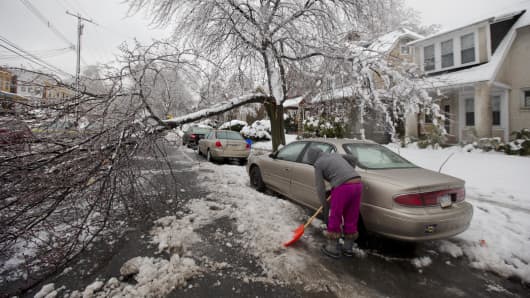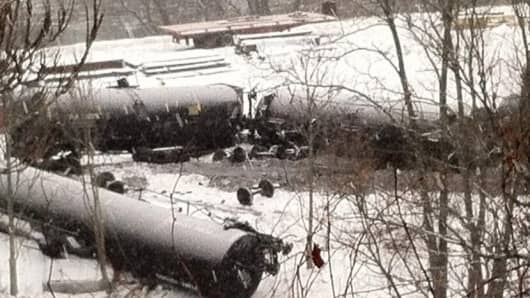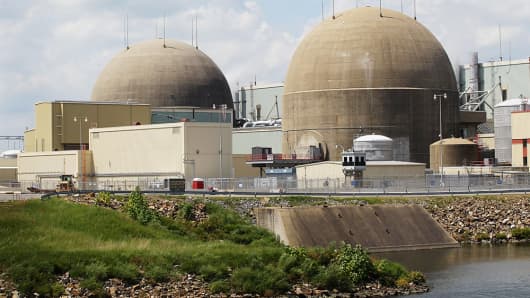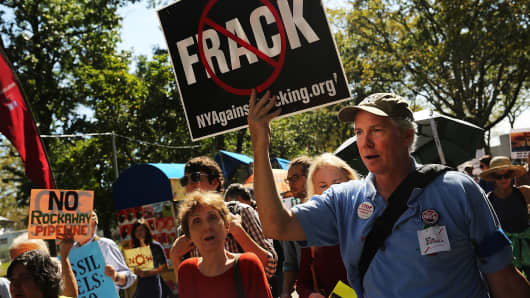
A Philadelphia resident clears snow near a downed tree
Unrelenting harsh winter weather is likely to show up as a slight drag on economic growth in the first quarter, even if there is a spring rebound.
The number and intensity of winter storms have stalled pockets of economic activity across the country, with another system dumping freezing rain on top of snow along the East Coast on Wednesday.
Ice paralyzed Atlanta late last month, bitter cold shut Chicago schools and snowstorms in the East halted travel. Add drought conditions in the West, and economists are attempting to determine how much they should deduct from first-quarter growth simply because of the weather.
"We already saw it in auto sales," said Diane Swonk, chief economist at Mesirow Financial. "It literally freezes the economic activity, and you don't get the activity to resume until we get a thaw."

 PLAY VIDEOCNBC's Patti Domm discusses whether the severe weather will have an impact on jobs.
PLAY VIDEOCNBC's Patti Domm discusses whether the severe weather will have an impact on jobs.Disruption to air travel alone has been massive. According to FlightAware, 39,000 flights were canceled last month, the most since 21,000 in October 2012, when Hurricane Sandy pummeled the East Coast. Just Wednesday, there were already 3,300 flights cancelled by mid-morning, with many of them in New York, New Jersey, Chicago and Boston.
Those businesses most likely to blame weather for poor results don't get much sympathy on Wall Street, but they now won't be alone. The weather is expected to have been severe enough to affect activity across the broader economy.
Kraft Foods Wednesday temporarily closed the second biggest wheat flour mill in the U.S., when travel on the roads near its Toledo, Ohio facility was restricted due to heavy snow.














